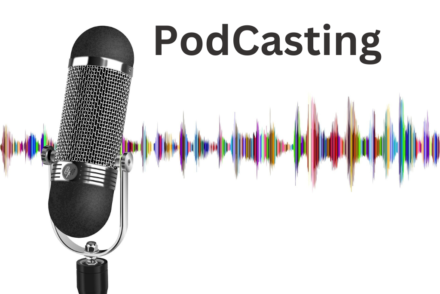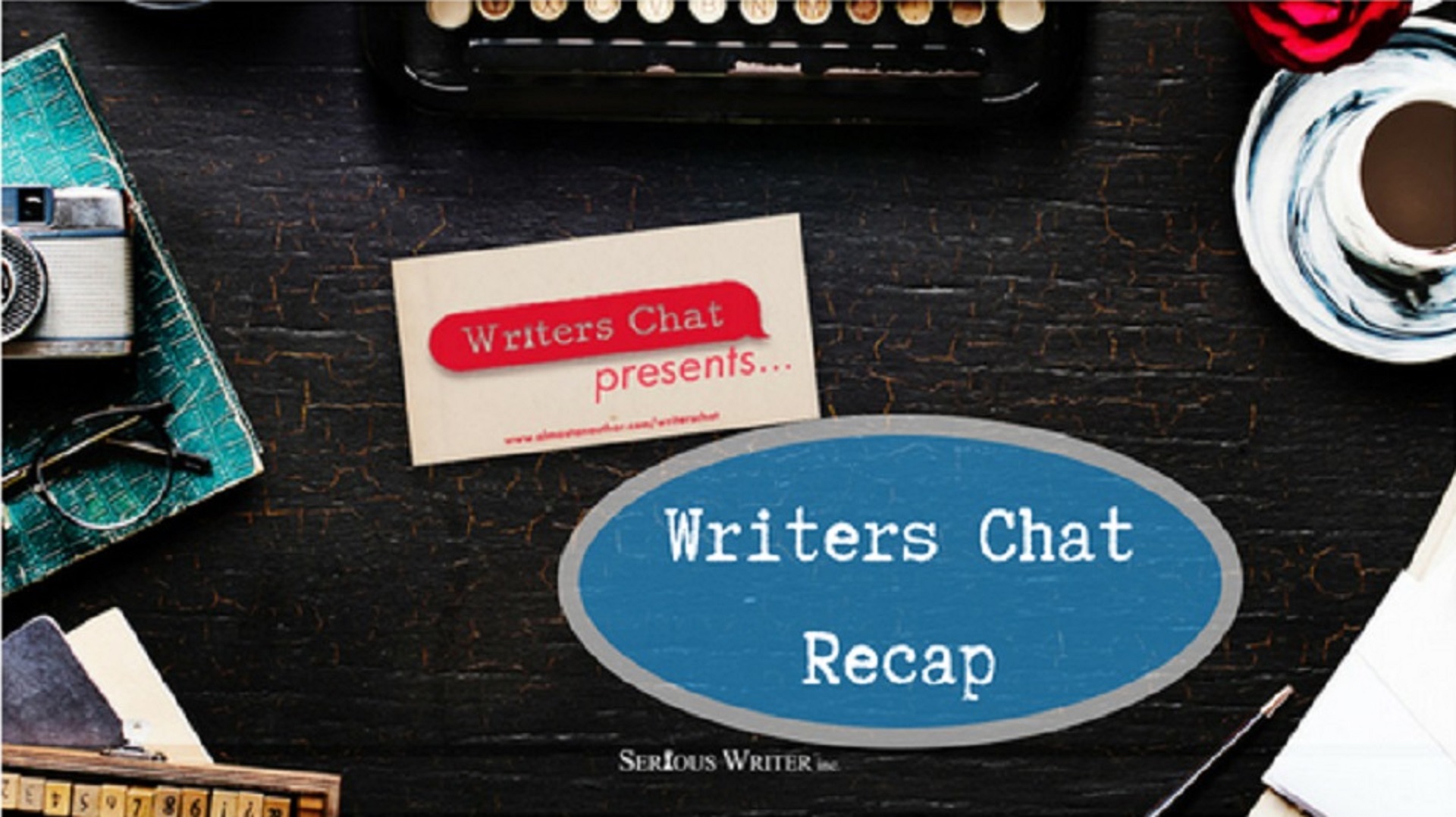
Writers Chat Recap for August Part 1
Writers Chat, hosted by Johnnie Alexander, Brandy Brow, and Melissa Stroh, is the show where we talk about all…
August 16, 2024
Writers Chat, hosted by Johnnie Alexander, Brandy Brow, and Melissa Stroh, is the show where we talk about all…
August 16, 2024
I heard it every conference. “Build your platform!” Along with the dreaded social media, writers in sessions kept telling…
May 19, 2023
All your proverbial ducks are in a row. It’s time to “pitch” podcasters, to let them know you’re available…
October 12, 2022
No matter how dignified we are, holding our just-published book in our hands for the first time makes us…
July 12, 2021
Writers Chat, hosted by Jean Wise, Johnnie Alexander, and Bethany Jett, is the show where we talk about all…
August 30, 2020
I love a good podcast and listen to several. Recently, I found The Hope Prose Podcast by young adult…
January 27, 2020
Ever dreamed of giving your audience the gift of audio? Ever since the golden age of radio, millions of…
February 1, 2018